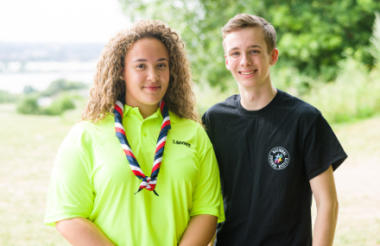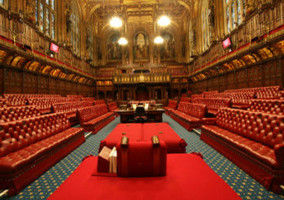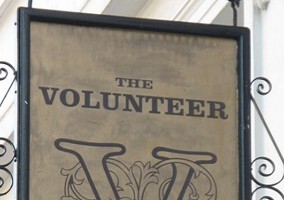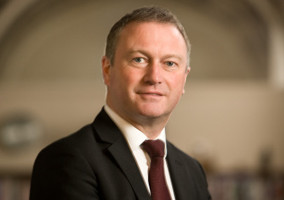The chief executive of the Scout Association, Matt Hyde, has said that the biggest problem his organisation faces is recruiting enough adults and urged the government to revisit a policy to introduce three days of paid leave for volunteering.
Hyde was giving evidence to the House of Lords Select Committee on Citizenship and Civic Engagement yesterday. When asked about the main barriers to creating a greater impact in civic engagement, Hyde said that the Scouts’ “biggest barrier” is the “recruitment of more adult volunteers”.
He said: “We need about 14,000 to 15,000 more adult volunteers just to clear our waiting list. We know that for that to happen we need for us to produce messages around flexible volunteering, so that has worked well.
“And we need employers to work with us, and there are some fantastic employers who understand that as well as promoting wellbeing it is about volunteering.”
He added: “And I hope we don’t lose sight of the three days of volunteering that was promoted in the previous Conservative manifesto as I think that was a good thing.”
The promise to bring in three days of paid volunteering leave was included in the Conservative Party’s 2015 manifesto, when the party won a majority in Parliament, but not in its 2017 manifesto.
Hyde also called on more targeted funding, echoing the pitch made by chief Scout Bear Grylls at the Conservative Party Conference where he asked for £50m in government funding for the Scouts.
The committee also hear from Michael Lynas, chief executive of the National Citizen Service Trust, and Dr Rania Marandos, chief executive of Step Up to Serve, Dr Andrew Mycock, reader in politics at the University of Huddersfield, Dr Sarah Mills from Loughborough University, and Oliver Lee, chief executive of The Challenge.
Relationship of NCS with rest of sector
Baroness Barker commented that during the passage of the NCS bill there was a fair degree of criticism of NCS’s relationships with the rest of the voluntary sector, and said she was pleased to read about the recent agreement and partnership between them and the Scouts.
Mills said that she was encouraged to see that NCS was sharing data sets, and having a more collaborative approach with the rest of the sector.
She said that some of the previous criticism of the NCS came from challenges associated with how much it moved within government, and “started in the Department for Education, then moved to the Cabinet Office, and now the Department for Digital, Culture, Media and Sport in the middle of that the formation of NCS Trust”.
Baroness Barker said that when the NCS was set up, Lord Hyde was “quite open about the fact it was set up deliberately to stand aside and be separate, and protected from the rest of the voluntary sector”.
She added: “A lot of what you are talking about is the consequence of the basic set up of the organisation. The constitutional set up of the organisation, and particularly its status now as a Royal Charter body, and the extent to which it is possible to achieve the sorts of aims such as greater efficiency and integration across a range of organisations.”
Related articles












